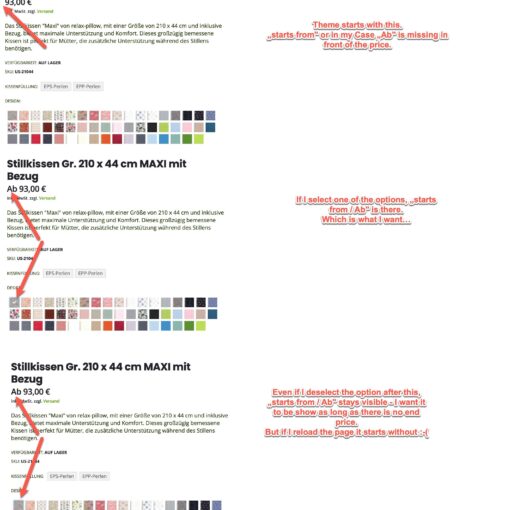 Are you looking for the next step to take with your small business? If you are, then an ecommerce site may fit perfectly with your plans. An ecommerce site is relatively inexpensive to start up; most of the cost is in the software. Having an ecommerce website gives you an advantage over your competitors that do not, especially if you have integrated shopping cart software. Shopping cart software built into the software platforms is a great feature tha can be included when setting up a retail site. Shopping carts make it much easier for customers to make their purchases online, and a shopping cart-enabled site will have more sales than an identical site without one. Here are the three most popular online ecommerce platforms right now:
Are you looking for the next step to take with your small business? If you are, then an ecommerce site may fit perfectly with your plans. An ecommerce site is relatively inexpensive to start up; most of the cost is in the software. Having an ecommerce website gives you an advantage over your competitors that do not, especially if you have integrated shopping cart software. Shopping cart software built into the software platforms is a great feature tha can be included when setting up a retail site. Shopping carts make it much easier for customers to make their purchases online, and a shopping cart-enabled site will have more sales than an identical site without one. Here are the three most popular online ecommerce platforms right now:
1. Magento
Magento is at the top of every online retailer’s wish list, when looking at ecommerce platforms. They are by far the most popular choice of ecommerce software platforms, and currently the most rapidly growing software for online stores over the past six months, with a phenomenal growth record of over 20%. While this might not sound very impressive, consider that there are hundreds of competitive platforms available. Magento is unique in that it built on a modular system that offers maximum flexibility. With a wide range of options like built-in shopping cart software, SEO, and product browsing, it is very comprehensive. One unique feature is the ability to optimize your site for mobile access, knowing that most people will shop via their Smartphones in the coming years.
2. Zen Cart
While Zen Cart started out very strong and at first appeared to be a strong competitor for Magento, their growth has slowed recently, with less than a 10% increase over the last six months. Zen Cart focuses mainly on the payment methods of your ecommerce site, making many options available to you. They have also integrated PayPal into their software to make for an easier experience for your customers. Having PayPal available means less missed sales due to people who do not use credit cards to shop online, but prefer the safety of PayPal. Zen Cart has a few other positive points—it is free, open-source software, and very user-friendly for those with limited technical savvy.
3. VirtueMart
VirtueMart makes the short list because it is more customizable than most of the other ecommerce platforms available. All of the features that you would expect to see in any ecommerce platform are here, but also there are several features that are unique that set them apart. One of those features is the ability to feature certain products on your site by setting them to “on special”. It also has a built in shipping calculator and allows customers the chance to use your site in different languages or make payments with foreign currency if the site owner chooses to allow it. The flexibility of this site is remarkable, with additional customization available through several modules, templates and plug-ins.
Like any other business decision, thorough research into the different ecommerce platforms is wise. Review other ecommerce sites, especially those that are in your general niche to check out their presentations and get ideas. Check for the features that are most vital to you before deciding which platform is best. Remember that being paid for your services or products is one of the most important aspects of a business, so this is one aspect you need to get exactly right.
A further enhancement is Magento Integration, proprietary software that incorporates accounting software with your Magento storefront. You can find out more about it at http://www.webninjamagento.com/tour/.

